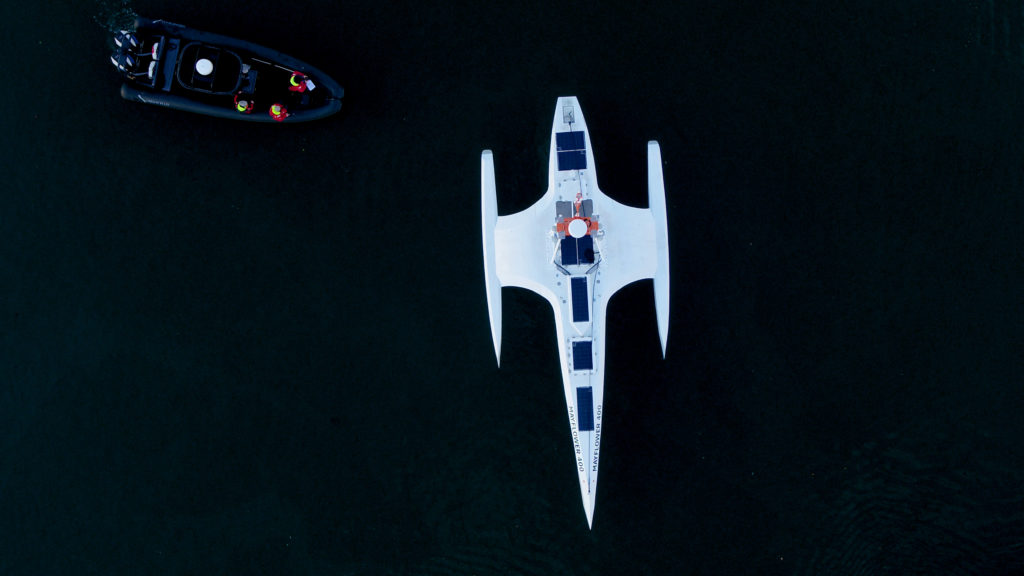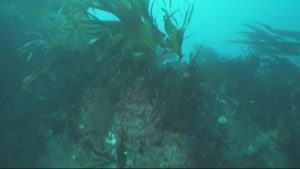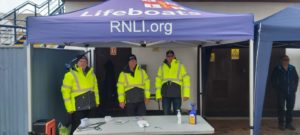Fischer Panda UK powers Mayflower’s maiden voyage

Fischer Panda UK’s electric drive system and generators will power the world’s first fully automated vessel, the Mayflower Autonomous Ship (MAS), when it sets sail on its historic maiden voyage across the Atlantic next month.
Propelling the five-ton, 50ft trimaran during its 3,000 mile-crossing from Plymouth, England, to Plymouth, Massachusetts, the Fischer Panda UK equipment will support the project to test and advance innovative AI and data-gathering technology which is said will transform ocean-related industries in the future.
The robot research vessel, developed by marine research organisation ProMare with IBM acting as lead technology and scientific partner for the project, was launched on 16th September last year and has undergone several months of sea trials.
MAS is currently preparing to get underway in the coming days depending on the weather. Designed to provide a safe, flexible and cost-effective way of gathering data about the ocean, the vessel also features an AI Captain and is fitted with precision inertial navigation, Global Navigation Satellite System (GNSS) positioning, radar sensors, satellite communications, meteorological instrumentation, cameras and radar to facilitate the quest for data and discovery on whale populations, sea levels, microplastics and other research topics.
Driven by the Fischer Panda hybrid-electric propulsion system which will be primarily charged by wind and solar energy, MAS is expected to make the crossing in approximately 20 days at speeds up to 10 knots – a huge leap from the original Mayflower’s 60 days at 2.5 knots over 400 years ago.
MAS is a collaborative initiative led by ProMare, a non-profit charity established to promote marine research and exploration throughout the world. The vessel is designed by Whiskerstay and MSubs, both companies with extensive experience developing manned and unmanned marine vehicles, while the Universities of Plymouth and Birmingham are also involved, respectively working on some of the research pods and virtual/augmented reality systems.
“We wanted to buy an end-to-end hybrid drive that was fully integrated and tested by the manufacturer and we knew would work,” says Brett Phaneuf, ProMare co-founder. “We’ve used Fischer Panda in the past for our military work and found them to be very reliable.”
Barry Fower, Managing Director at Fischer Panda UK, comments: “This project will have huge implications for the maritime industry and we will be watching the Atlantic crossing avidly along with the rest of the world. We are seeing unmanned vessels play an increasing role in many different sectors, with interest in our systems for these applications continuing to grow. We are proud to see the reliable Fischer Panda equipment onboard Mayflower, alongside some of the most innovative systems and advanced AI technology.”
With no human captain or onboard crew, MAS is said to have been designed as a platform suitable for deepening understanding of critical issues such as climate change, ocean plastic pollution and marine mammal conservation. In parallel, it’s thought the development of marine autonomous systems will transform the shipping, oil & gas, telecommunications, security & defence, fishing & aquaculture industries.
The MAS project can be followed on Mas400.com, a live mission portal that enables the world to receive updates on its voyages.










